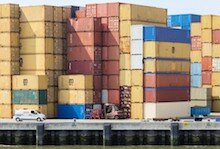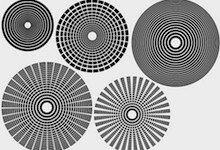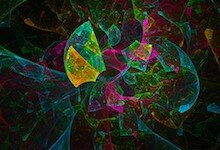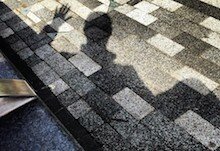Welcome to Portuguese poetry - April 2004
"Portugal is a land of poets." This statement is so often made by the Portuguese in books, scholarly papers, and discussions of national identity that one is tempted to dismiss it as mere folklore, an absurd generalization.
And yet for a smallish country, with about ten million inhabitants, Portugal does seem to publish an astonishing number of poetry collections. Print runs, except for the most famous poets, are modest, from fifteen hundred to two thousand, but print runs for poetry in much larger countries are often about the same.
The oldest known texts in Portuguese are poems, dating from the late 12th century. Curiously enough, ancient Portuguese was the language of poetry for most of the Iberian Peninsula (Catalonia excepted) during the 13th century, when troubadour poetry thrived in the royal courts and in Santiago de Compostela, then a huge pilgrimage centre. Alfonso X (1221-1284), King of Castile and León, produced several large histories, assorted treatises and a legal code, all in Spanish, but wrote his poetry – both religious and profane – in Portuguese.
The first great name in Portuguese poetry is Luís de Camões (around 1524-1580). Famous for his epic poem The Lusiads, he also produced a large body of highly original lyric poetry, including over 160 exemplary sonnets. There is, to this day, a strong sonnet tradition in Portugal, with contemporary poets such as António Franco Alexandre and Vasco Graça Moura applying the centuries-old form to their thoroughly up-to-date concerns.
Fernando Pessoa (1888-1935) is the great name of modern Portuguese poetry. With his various ‘heteronyms’ (more than mere pseudonyms, since they had ‘biographies’ of their own and wrote in radically different ways from each other and from their inventor), Pessoa was like a one-man generation of poets. His heteronyms even criticized and commented on each other’s work.
Pessoa, whose poetry only became widely available in the 1940s, was not an easy act to follow, and Portuguese poets in the second half of the 20th century went out of their way to experiment with new forms and to explore new thematic territory. The result is an impressive panorama of poetic styles and subjects.
Discover for yourself the rich diversity of contemporary Portuguese poetry! Here you will find work by some of the best poets currently writing in Portugal, along with critical comments about their poetry. We will also, in the future, include work by some of the significant poets from the past who helped to make poetry such a vital and central part of the national culture.
In the current issue of the Portuguese magazine, you will find the poetry of Sophia de Mello Breyner, as well as a personal view on her work by her translator Richard Zenith. Our next issue will appear on July 1.








